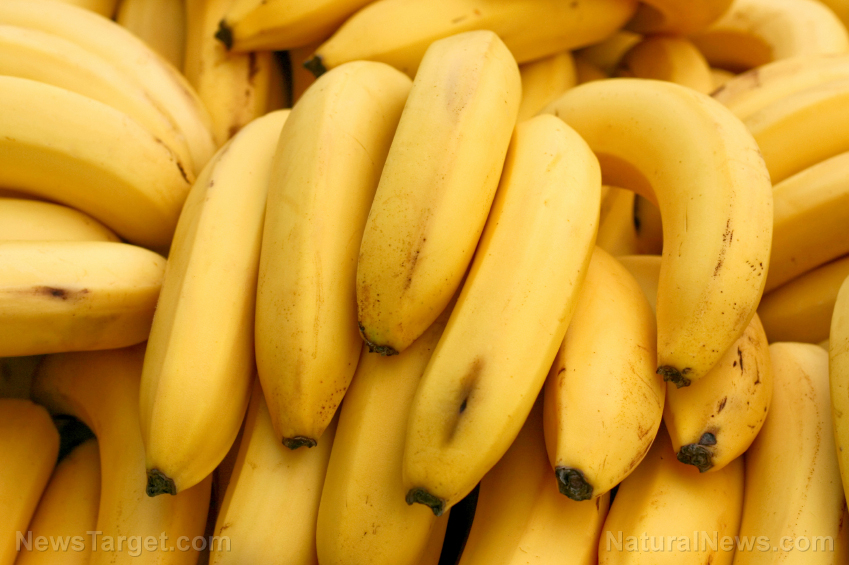
Advertisement
The humble banana is perhaps one of the least-heralded supermarket staples. This superfood is more associated with kids, monkeys and slapstick comedy than with good health.
But the banana is actually a nutritional powerhouse. This fruit – actually a berry – is rich in vitamin C, vitamin B6, dietary fiber, magnesium, manganese and potassium. Bananas are also cholesterol-free, fat-free and virtually sodium-free.
If you still need more convincing that you need to take them seriously, here are some science-backed health benefits of bananas.
1. Bananas contain powerful antioxidants
Fruits are great sources of antioxidants and bananas are no exception. In particular, bananas contain several types of antioxidants, including dopamine and catechins.
These antioxidants help fight oxidative stress, reducing your risk of heart disease and degenerative illness.
2. Bananas may help moderate blood sugar levels
Bananas are rich in the dietary fibers pectin, which gives the fruit its spongy form; and resistant starch, which is a soluble fiber that escapes digestion. Both are believed to help moderate your blood sugar levels after meals and reduce your appetite by helping keep you feeling full for longer.
In addition, bananas also rank low to medium on the glycemic index (GI). This a measure – from 0 to 100 –of how quickly a food raises your blood sugar levels. Unripe bananas have a GI value of 30 while ripe bananas rank at 60. This means that bananas shouldn’t cause any major spikes in your blood sugar level.
4. Bananas may improve digestive health
In addition to keeping you feeling full for longer, dietary fibers have also been linked to improving digestion. In particular, the resistant starch in unripe bananas escapes digestion and ends up in your large intestine. Here, it becomes food for the beneficial bacteria in your gut.
Meanwhile, studies have shown that the dietary fiber pectin may help protect you from colon cancer.
5. Bananas may aid in weight loss
Bananas have several attributes that help make them a weight-loss-friendly food. For one, they have relatively few calories, with an average banana having just over 100 calories. This is despite being very nutritious and filling.
In addition, the same filling effect from the dietary fibers pectin and resistant starch that helps keep your blood sugar down also help you feel full for much longer.
6. Bananas may have benefits for exercise
Bananas are sometimes referred to as a perfect food for athletes due to their easily digestible carbs and high mineral content. These fruits provide excellent nutrition before, during and after exercise.
In addition, studies show that eating bananas may help reduce exercise-related soreness and even muscle cramps. These are known to affect 95 percent of the population.
7. Bananas may support heart health
Bananas are rich in potassium, which is a mineral that’s essential for heart health and blood pressure control. Studies show that eating a potassium-rich diet lowers your risk of heart disease by around 27 percent. Meanwhile, one medium-sized banana (118 grams) contains about 9 percent of the recommended daily intake of potassium.
In addition, bananas are also rich in magnesium, which is also important for your heart’s health.
8. Bananas may support kidney health
On top of being good for the heart, potassium is also essential for the healthy function of your kidneys. Being a good dietary source of potassium, bananas then are quite beneficial for maintaining healthy kidneys.
One study noted that women who ate bananas two to three times per week were 33 percent less likely to develop kidney disease. Meanwhile, other studies noted that those who ate the fruit four to six times a week were almost 50 percent less likely to develop kidney disease than those who didn’t.
Bananas are a wonderful superfood that provides numerous health benefits. Beyond helping you satisfy your sweet tooth, both yellow and green bananas provide benefits for your heart, kidneys, gut and more. With this in mind, try your best to add bananas to your diet to experience these benefits.
Sources:
Advertisements







